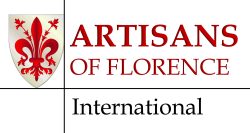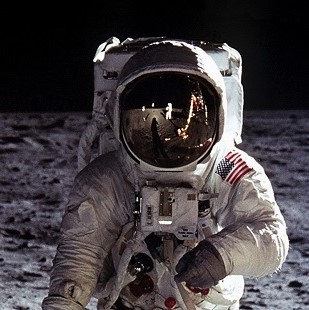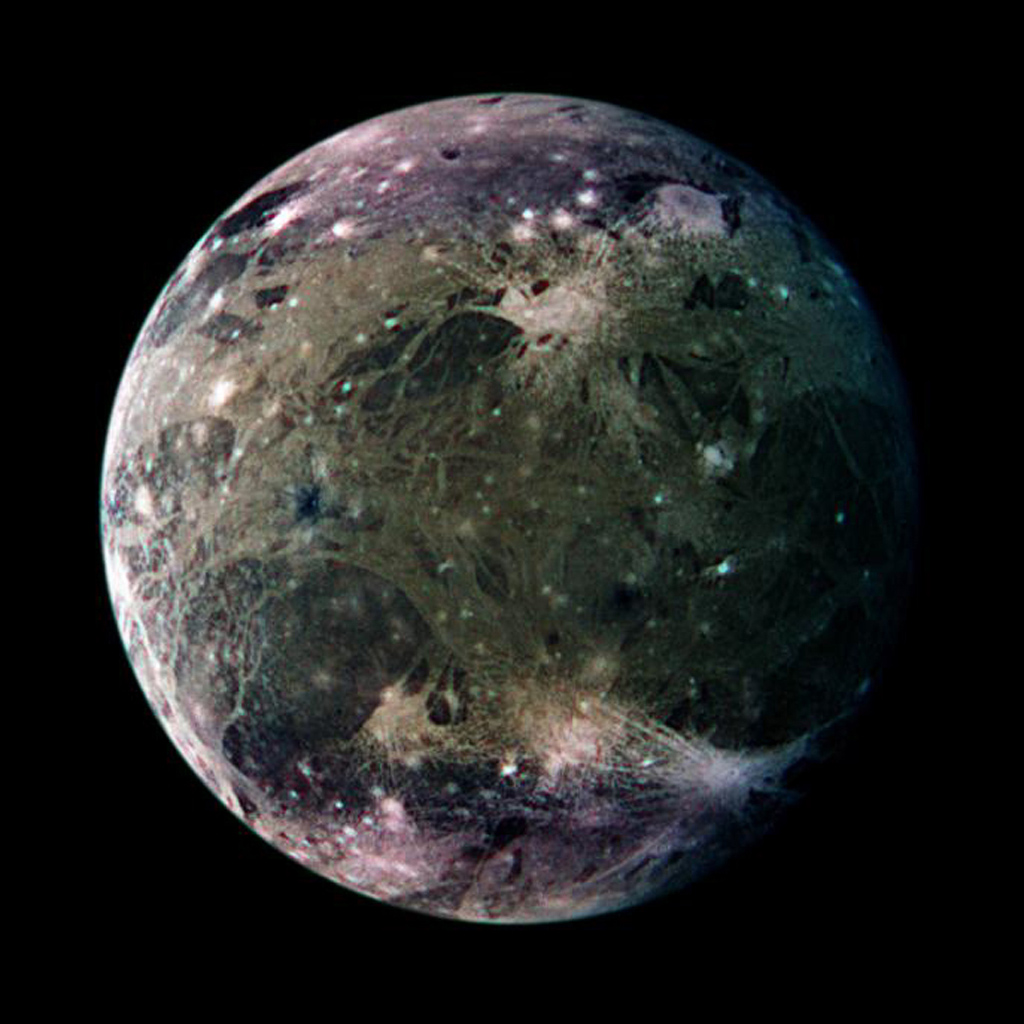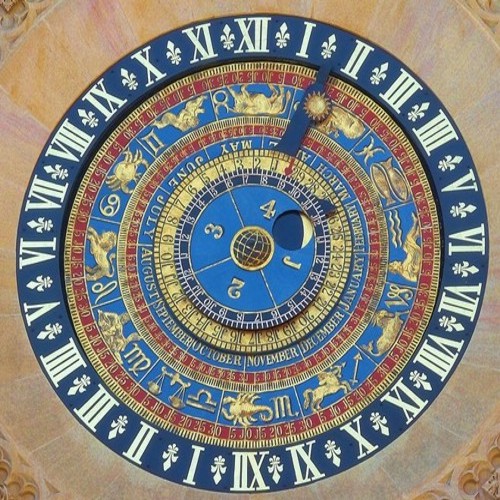How Galileo\’s discoveries shaped us
The moon landing, space exploration, satellites and global telecommunications, telescopes, navigation at sea, medical instruments that measure heart rate, and even the clock… None of these would have been possible without this man… Galileo: Scientist, Astronomer, Visionary is on at Waikato Museum, Hamilton, New Zealand until 7 June 2021. Explore and experience the art of […]
How Galileo\’s discoveries shaped us Read More »



